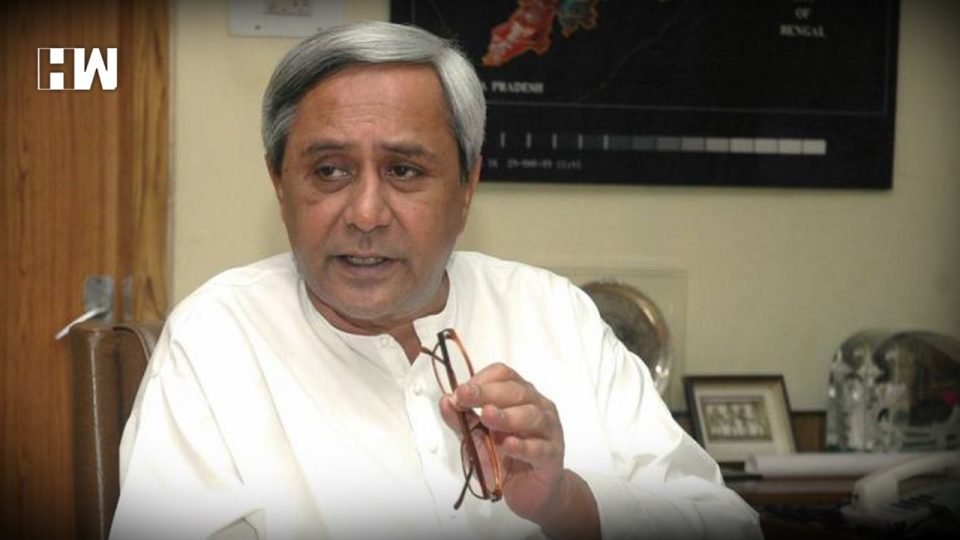The development came a day after BJD chief Patnaik wrote to Prime Minister Narendra Modi to initiate steps to pass the Women’s Reservation Bill, in Parliament.
Bhubaneswar| The ruling Biju Janata Dal in Odisha has decided to consult 22 political parties, including the Congress and the BJP, as part of its effort to build consensus on the Women’s Reservation Bill, pending in Parliament.
The BJD, headed by Chief Minister Naveen Patnaik, resolved at a meeting Wednesday that its delegates would meet leaders of seven national parties and 15 regional parties in this regard, party leaders said.
The meeting deliberated on the party’s strategy for intensifying its campaign seeking 33 percent reservations for women in Parliament and state Assemblies.
Union minister Dharmendra Pradhan criticized the BJD’s move, dubbing it as an “eyewash”.
A release issued by the party listing the names of BJD representatives, including MPs, who would meet representatives of various parties, did not mention Patnaik’s name.
The development came a day after Patnaik wrote to Prime Minister Narendra Modi to initiate steps to pass the Women’s Reservation Bill, in Parliament.
Though the Women’s Reservation Bill was passed in the Rajya Sabha in 2010, it could not be passed in the Lok Sabha.
The legislation lapsed following the dissolution of the 15th Lok Sabha in 2014.
The Odisha Assembly on November 20 had unanimously passed a resolution seeking reservation of one-third seats for women in Parliament and state Assemblies.
BJD vice-president Debi Prasad Mishra said, besides the Congress and BJP, ruling party leaders will meet representatives of the Trinamool Congress, the Bahujan Samaj Party, the CPI, the CPI(M) and the NCP.
They will also meet the leaders of 15 regional parties
– the AAP, the AIDMK, the DMK, the INLD, the JD(S), the JD (U), the National Conference, the PDP, the JMM, the RJD, the SAD, the Shiv Sena, the SP, the TDP, and the TRS, Mishra said.
The Odisha government had raised the reservation for women in panchayats and urban local bodies to 50 percent from 33 percent in 2011.
As an independent media platform, we do not take advertisements from governments and corporate houses. It is you, our readers, who have supported us on our journey to do honest and unbiased journalism. Please contribute, so that we can continue to do the same in future.

